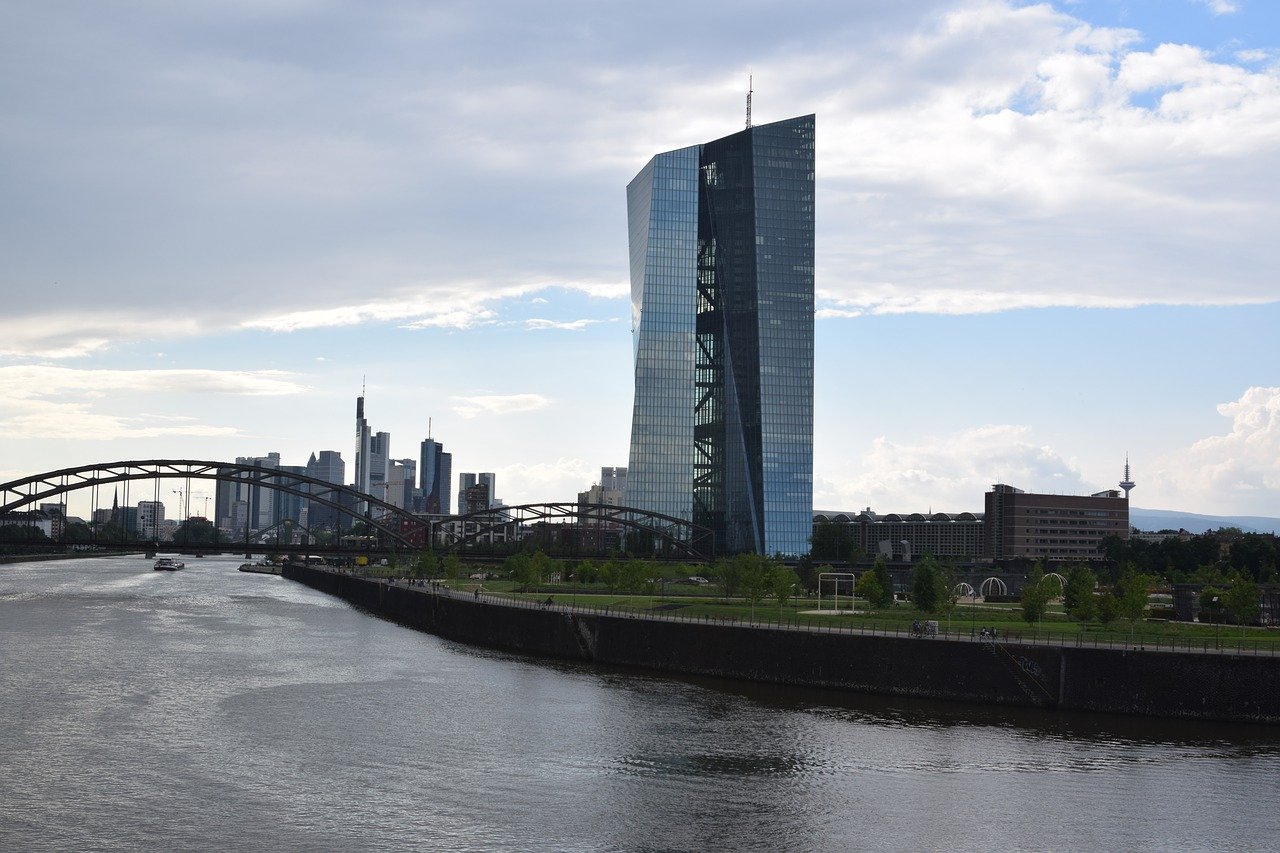
COVID | Europe | Monetary Policy & Inflation | Rates

COVID | Europe | Monetary Policy & Inflation | Rates
A renewed surge in COVID cases across Europe threatens to derail the Euro area recovery. Spain and Italy are the latest countries to impose new restrictions, putting more pressure on already-fragile service sectors. Thursday’s ECB meeting will acknowledge the rising downside risks, but any new policy action is unlikely.
ECB President Christine Lagarde described the recovery as ‘uneven, uncertain and incomplete’ in a 19 October interview with Le Monde. An assumption on further ‘localised containment measures’ was incorporated into the September forecasts, but the scale of recent measures very likely exceeds the baseline assumptions. But with no new forecasts due until December and holdings under the Pandemic Emergency Purchase Programme (PEPP) at just €600bn (out of the current €1.35trn envelope), we expect the ECB to announce no new stimulus this week.
Instead, we expect Lagarde will reiterate that the dual objective of the PEPP – to stabilize markets and bring inflation back towards target – are being met. Yields are now back at pre-pandemic levels, and the ECB views the recent bout of deflation the result of temporary factors such as the German VAT cut, weak demand and the earlier fall in oil prices. The ECB did not sound overly concerned about inflation dynamics in September (core CPI projections were raised slightly), and ECB forecasts already expect headline CPI to remain negative until early next year.
This article is only available to Macro Hive subscribers. Sign-up to receive world-class macro analysis with a daily curated newsletter, podcast, original content from award-winning researchers, cross market strategy, equity insights, trade ideas, crypto flow frameworks, academic paper summaries, explanation and analysis of market-moving events, community investor chat room, and more.
A renewed surge in COVID cases across Europe threatens to derail the Euro area recovery. Spain and Italy are the latest countries to impose new restrictions, putting more pressure on already-fragile service sectors. Thursday’s ECB meeting will acknowledge the rising downside risks, but any new policy action is unlikely.
ECB President Christine Lagarde described the recovery as ‘uneven, uncertain and incomplete’ in a 19 October interview with Le Monde. An assumption on further ‘localised containment measures’ was incorporated into the September forecasts, but the scale of recent measures very likely exceeds the baseline assumptions. But with no new forecasts due until December and holdings under the Pandemic Emergency Purchase Programme (PEPP) at just €600bn (out of the current €1.35trn envelope), we expect the ECB to announce no new stimulus this week.
Instead, we expect Lagarde will reiterate that the dual objective of the PEPP – to stabilize markets and bring inflation back towards target – are being met. Yields are now back at pre-pandemic levels, and the ECB views the recent bout of deflation the result of temporary factors such as the German VAT cut, weak demand and the earlier fall in oil prices. The ECB did not sound overly concerned about inflation dynamics in September (core CPI projections were raised slightly), and ECB forecasts already expect headline CPI to remain negative until early next year.
But with the Euro area services PMI now back below 50 for the past two months, inflation sinking further into negative territory in September (-0.3% YoY) and mobility data starting to drop, we expect a more downbeat tone versus the September press conference. Lagarde will likely reiterate that the ECB will do more, if needed, and stress that all tools are on the table. We expect the PEPP will continue to be the preferred tool. However, before announcing any extension of the PEPP timeframe past the current mid-2021 and/or any increase in its size, the ECB can instead step up the pace of monthly purchases from the average of just €64bn through August and September.
As further rate cuts have not been the preferred tool during the COVID crisis, we expect the deposit rate to remain firmly on hold at -0.5%. Rates on the TLTROs are already more favourable, and the tiered deposit system in place for the past year is also likely to be left unchanged.
Expansion of the PEPP may be announced at the December meeting or in Q1 2021. But for now, the ECB will emphasize that significant monetary support is already in place, and that it is carefully monitoring the risks to the European recovery.
Spring sale - Prime Membership only £3 for 3 months! Get trade ideas and macro insights now
Your subscription has been successfully canceled.
Discount Applied - Your subscription has now updated with Coupon and from next payment Discount will be applied.